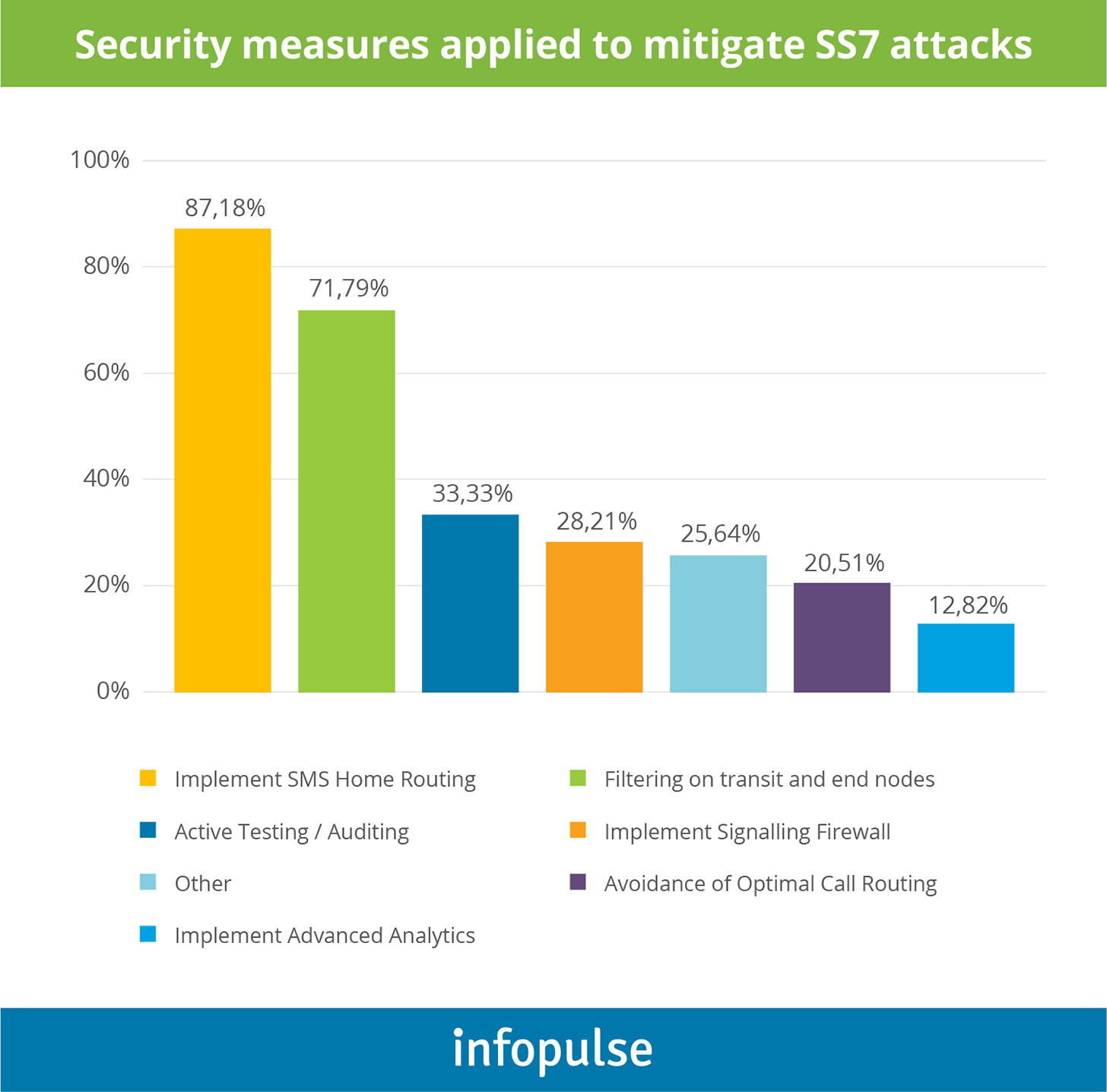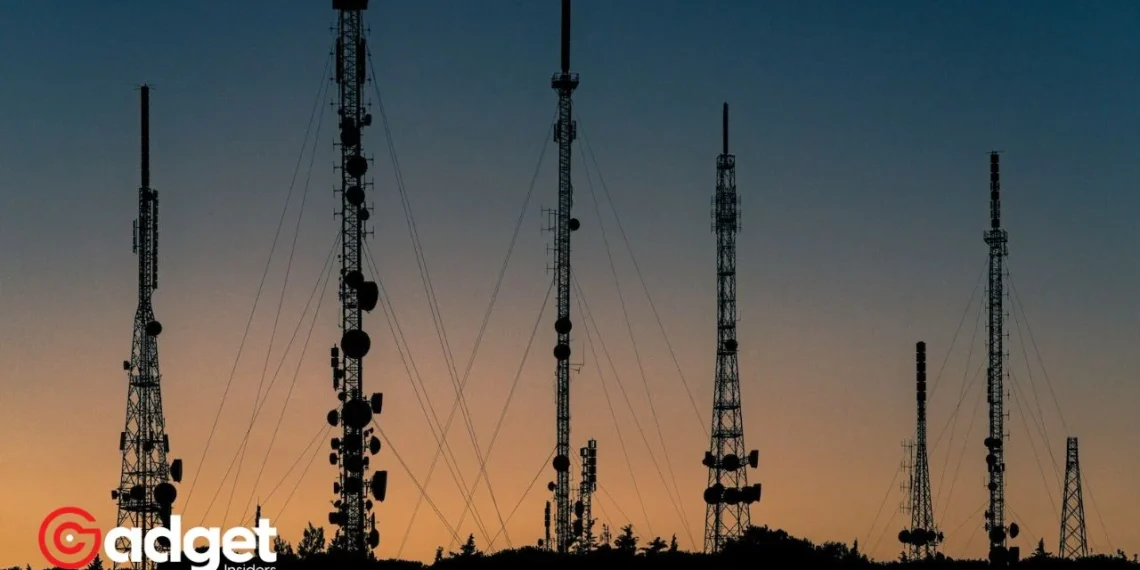In a world increasingly reliant on digital connectivity, the recent telecom outages experienced by major service providers like AT&T, Verizon, Cricket Wireless, and T-Mobile have raised alarms and prompted speculation about the potential involvement of foreign cyber warfare, specifically pointing fingers at China and Russia. The event that unfolded on a seemingly ordinary Thursday has morphed into a narrative filled with intrigue, cautionary statements from political figures, and a flurry of online theories.

AT&T, Verizon: The Day Digital Silence Prevailed
The outages were not just numbers on a report; they represented a significant disruption in the daily lives of thousands. Over 58,000 AT&T customers found themselves in a digital blackout, with cities like Houston, Chicago, and Atlanta being the hardest hit.
It was clear that the issue was not limited to a single provider because it was felt across multiple networks, including Verizon and T-Mobile, which is an indication that the problem was widespread. There were allegations of a cyberattack that was sponsored by China and Russia on social media, which became a battleground for ideas and accusations in the middle of the turmoil.
The narrative got additional steam when Republican Senator Marco Rubio took to X (which was formerly known as Twitter) and hinted at the disastrous ramifications of a prospective cyber strike by China, particularly in light of the impending crisis over Taiwan.
The comments made by Rubio brought to light a more widespread concern regarding the susceptibility of the critical infrastructure of the United States to cyberattacks from other countries.
War Games
"If you were Russia or China why on Earth would you consider making a move right now when the border is wide open…"
This AT&T, T Mobile, and Verizon phone outage reveals many weak points in individual preparedness. Go ahead and add this to the list of things our… pic.twitter.com/s3v85aS1Z8
— Shawn Ryan (@ShawnRyan762) February 24, 2024
Sifting Through The Theories
While the internet buzzed with theories of a cyber-attack, the official stance remained guarded and non-committal. The FBI’s investigation into the matter added layers of complexity, with public statements leaving room for speculation.
The absence of concrete evidence or confirmation from authorities only fueled the fire of online debate, with some users outright accusing China of initiating the outage as a form of cyber warfare against the United States. Amid this digital turmoil, AT&T and Cricket Wireless, which is owned by AT&T, issued a statement aimed at quelling the rising panic.
They acknowledged the service disruptions and assured the public that efforts were underway to restore connectivity, with a significant portion of the network already back online. Verizon and T-Mobile, too, chimed in with assurances that their networks were operating normally, attributing any issues to interconnectivity problems with other carriers.
Beyond The Digital Chaos: A Wake-Up Call
This incident serves as a stark reminder of the fragility of our digital ecosystem and the cascading effects of network disruptions on society. The speculation surrounding the involvement of China and Russia in a potential cyber-attack highlights the geopolitical tensions that simmer beneath the surface, ready to erupt and disrupt at the slightest provocation.

As the investigation continues and the telecom giants work to fortify their defenses, the episode leaves us with critical questions about cybersecurity, the readiness of national infrastructure to withstand cyber threats, and the implications of digital dependency in modern society.
The incident may have passed, but the discussions it has ignited about cyber warfare, national security, and the vulnerability of our digital lives are far from over. In an era where digital connectivity is as essential as water and power, the recent telecom outages are a sobering reminder of the need for robust cybersecurity measures and international cooperation to safeguard against the invisible threats of the digital age.
As we move forward, the lessons learned from this incident will undoubtedly shape the strategies deployed by nations and corporations alike to protect the digital frontier.


